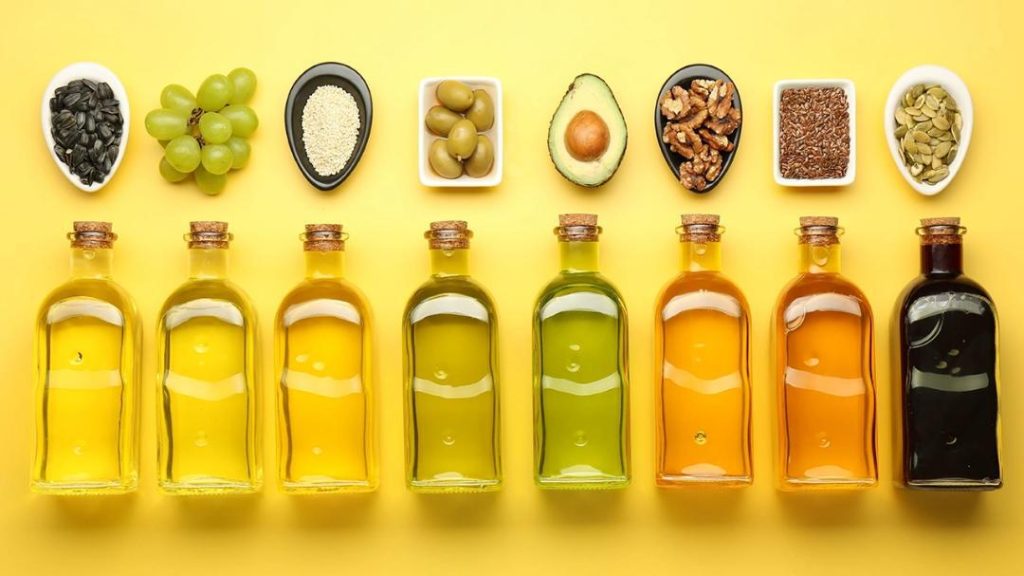
What do experts say about health hazards & benefits of seed oils?
The debate about the health benefits and hazards of seed oils has been ongoing for some time. Critics of these oils, which contain unsaturated fatty acids, claim that they contain a toxic byproduct of hexane, a chemical considered hazardous in its gaseous form. However, experts in the field have spoken out to debunk these myths and reveal the science behind the benefits and potential risks of seed oils.
At the heart of the controversy is the process of extracting oil from seeds, such as flax, sunflower, and canola. To extract the oil, a solvent called hexane is used, which is known to be hazardous in its gaseous form. Critics argue that this means that seed oils may contain residual amounts of hexane, which can pose health risks.
However, experts such as Massachusetts University Food Science Professor Eric Decker have spoken out to defend seed oils. According to Decker, the residue of hexane in seed oil is not dangerous. “Hexane is a solvent that is used to extract oil from seeds, and it’s not a health hazard,” he said. “The amount of hexane that’s left in the oil is extremely small, and it’s not a risk to human health.”
Another expert, an Ohio University Food Science professor, also weighed in on the issue. When asked about the potential health risks of seed oils, she stated, “Seed oils don’t increase acute or chronic inflammation markers. In fact, they may even have anti-inflammatory effects.”
So, what are the benefits of seed oils? One of the main advantages is their high content of unsaturated fatty acids, which are considered to be beneficial for heart health. These fats can help to lower levels of LDL cholesterol, which is the “bad” cholesterol that can contribute to cardiovascular disease.
Seed oils are also rich in omega-3 and omega-6 fatty acids, which are essential for overall health. Omega-3 fatty acids are particularly important for brain function and have been shown to have anti-inflammatory effects. Omega-6 fatty acids, on the other hand, are important for skin and hair health.
In addition to their nutritional benefits, seed oils also have a number of culinary uses. They can be used as a finishing oil, adding flavor and texture to dishes just before serving. They can also be used as a base for salad dressings and marinades.
Despite their benefits, seed oils have also been linked to some potential health risks. One of the main concerns is the potential for contamination with pesticides or other chemicals. This is because some seed oils are made from genetically modified seeds, which can be more susceptible to pesticide use.
Another potential risk is the potential for oxidation, which can occur when seed oils are exposed to heat, light, or oxygen. Oxidized seed oils can become rancid, which can lead to the formation of free radicals and other compounds that can harm health.
So, what can you do to minimize the risks and maximize the benefits of seed oils? Here are a few tips:
- Choose high-quality seed oils that are made from non-GMO seeds and are extracted using a solvent-free process.
- Store seed oils in a cool, dark place to minimize oxidation.
- Use seed oils in moderation, as they are high in calories.
- Consider using seed oils that are specifically labeled as “cold-pressed” or “expeller-pressed,” as these may have a lower risk of oxidation.
In conclusion, while seed oils may have some potential health risks, experts agree that the benefits far outweigh the risks. With their high content of unsaturated fatty acids and essential omega-3 and omega-6 fatty acids, seed oils can be a great addition to a healthy diet.
So, the next time you’re at the grocery store, don’t be afraid to reach for a bottle of seed oil. Just be sure to choose a high-quality product and use it in moderation.






